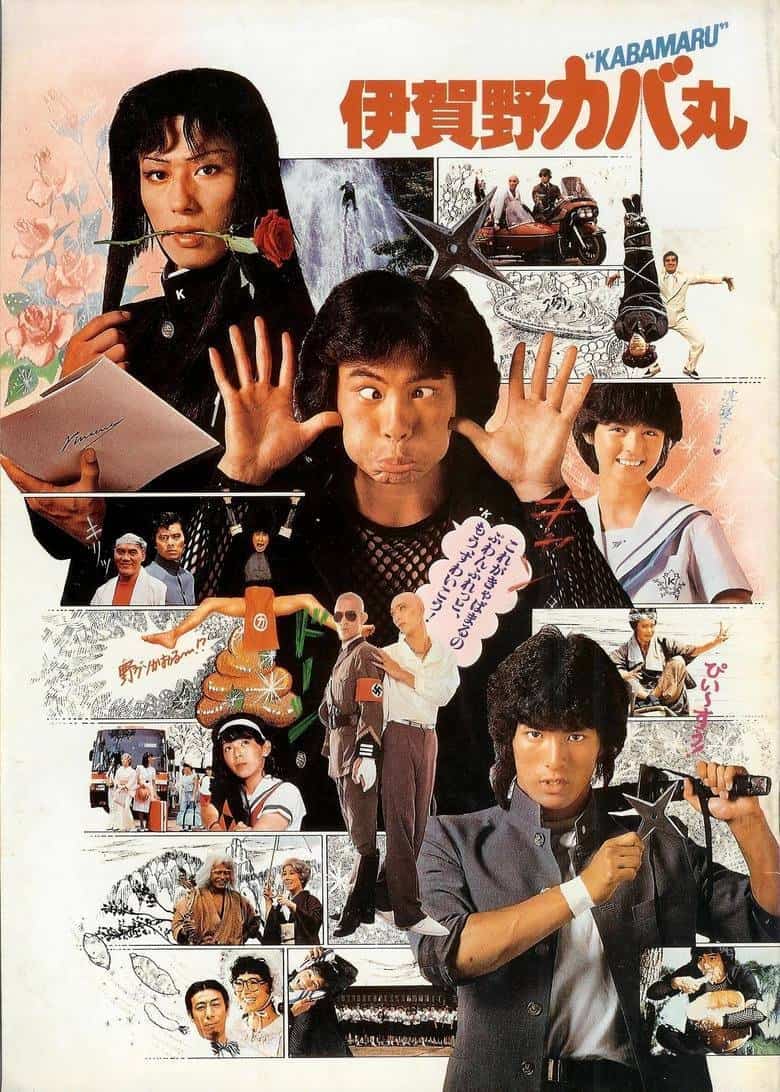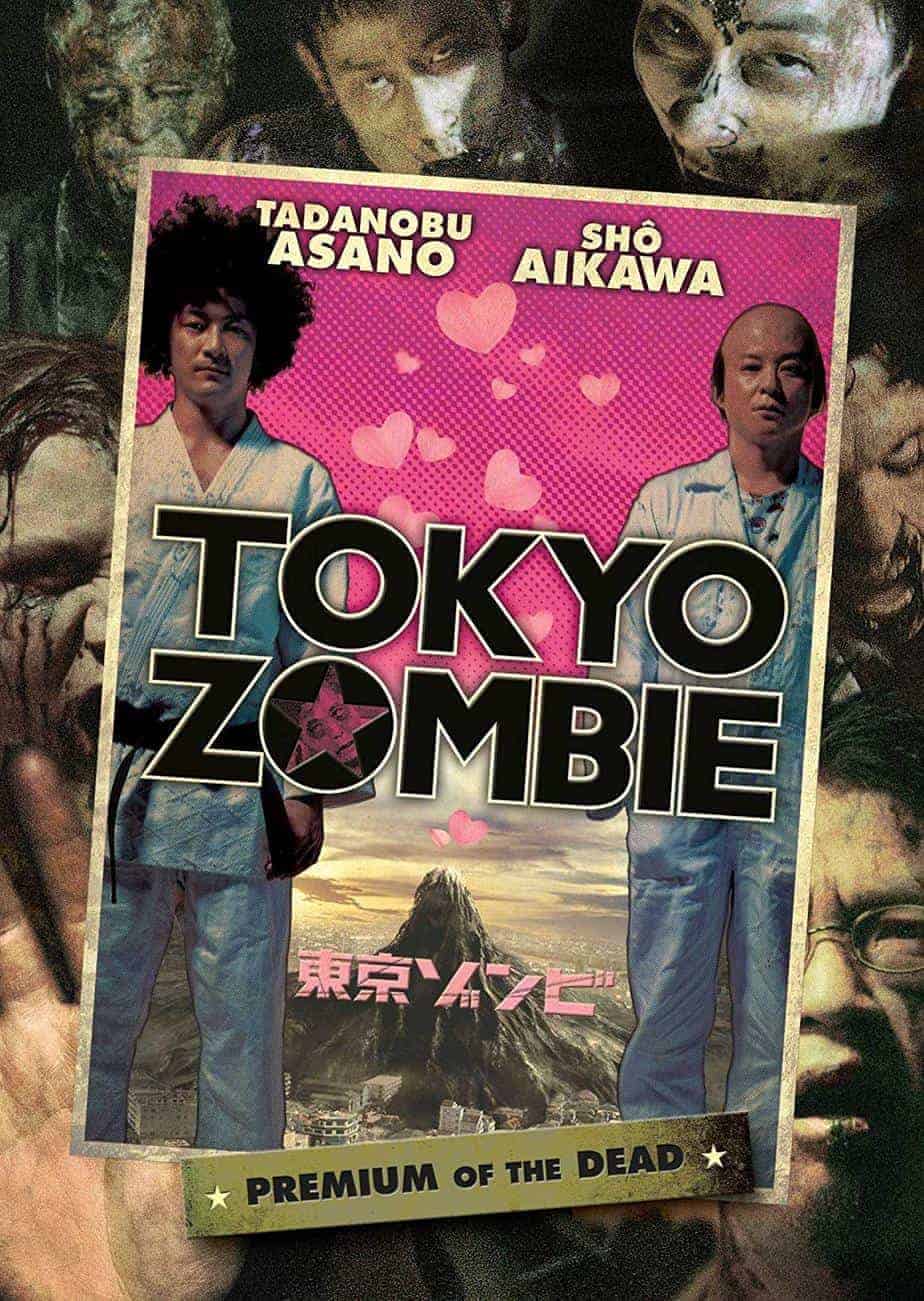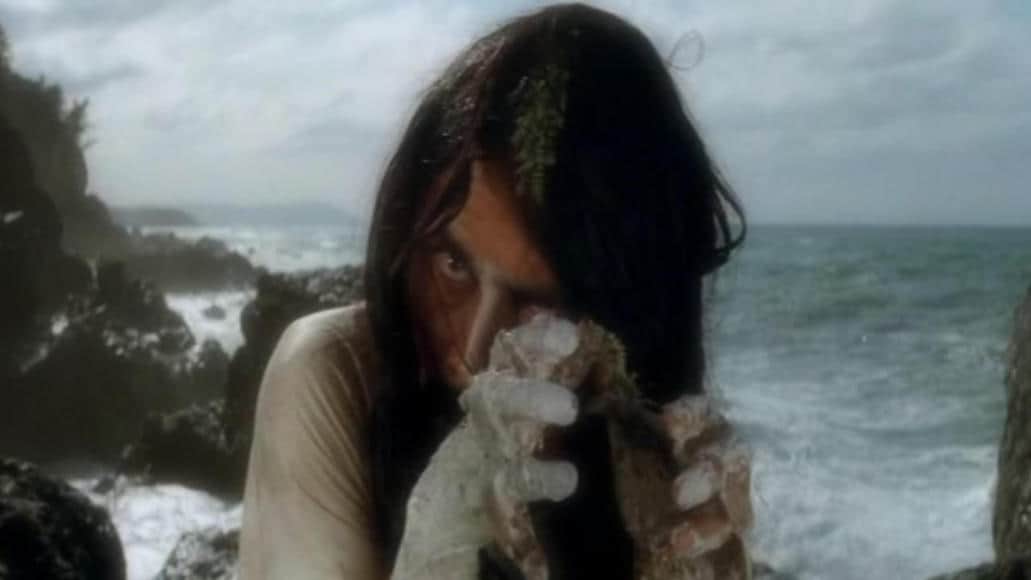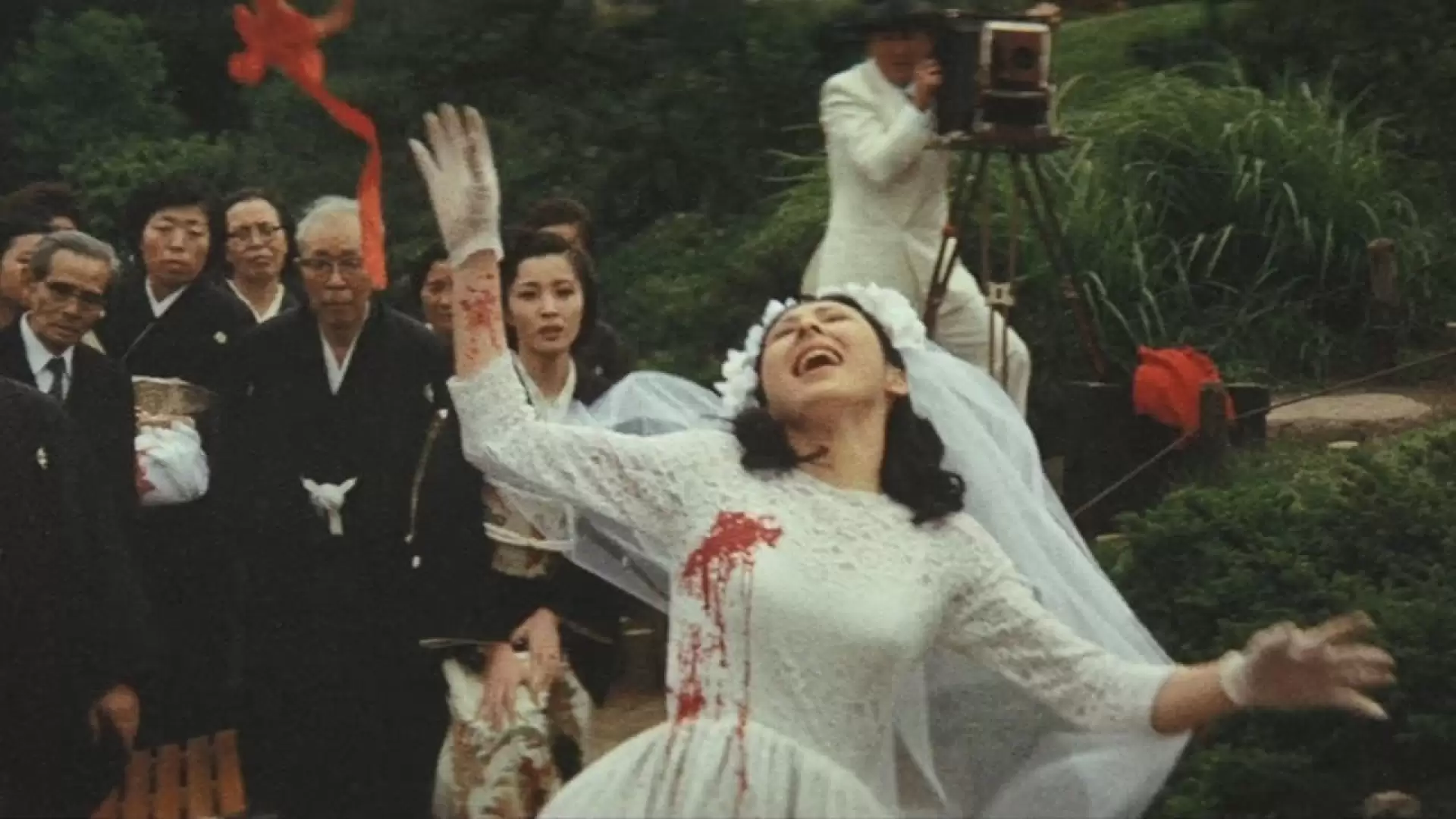41. Shinjuku Swan I,II (Sion Sono, 2015, 2017)
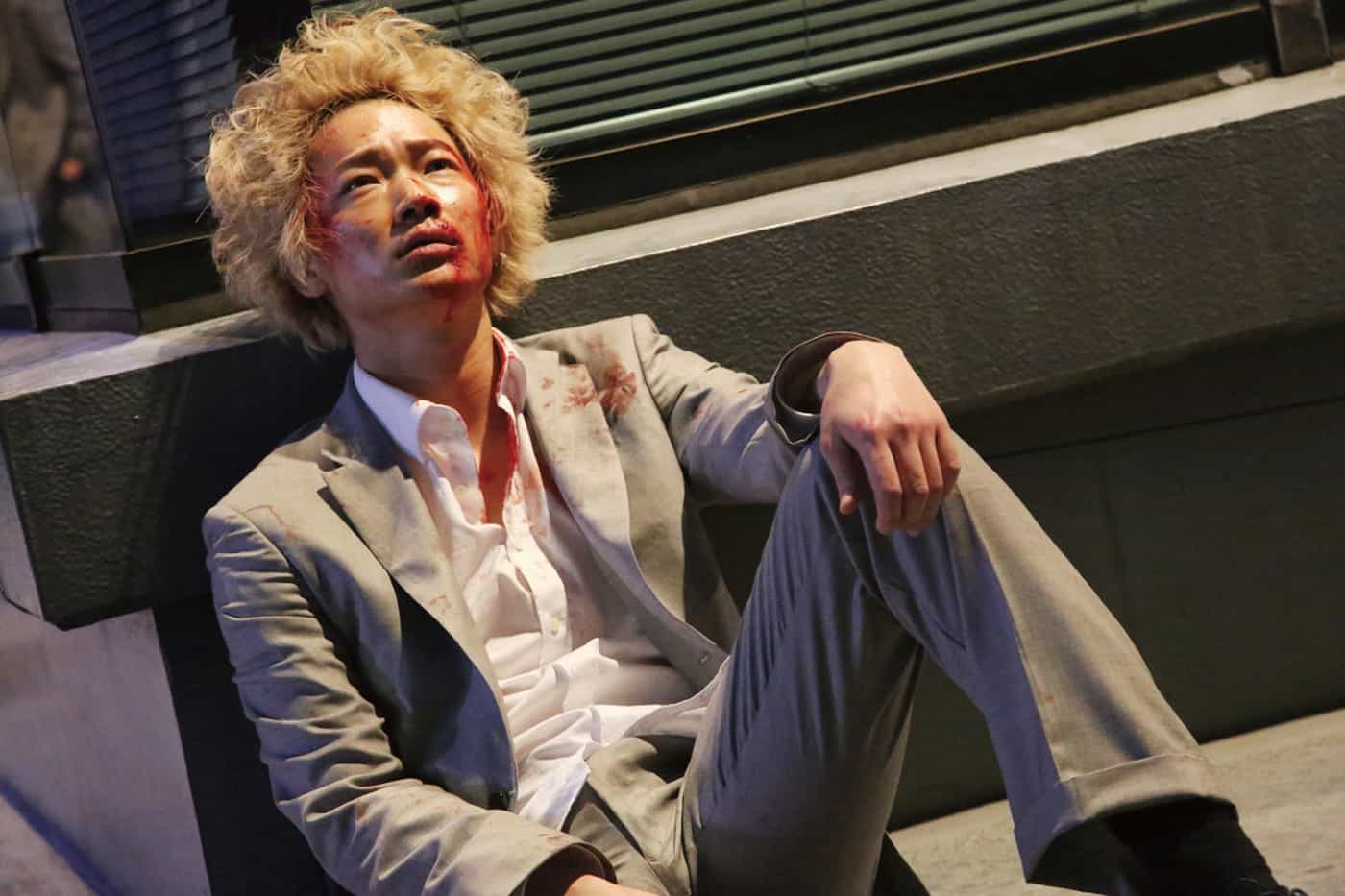
Based on manga series “Shinjuku Swan Kabukicho Skauto Sabaibaru” by Ken Wakui, Sion Sono's films managed to be both light-hearted and exploitative, highlighting a relatively unknown aspect of prostitution in the Kabukicho red light district, that of the scouts, whose goal is to find women to work in the “industry”. Go Ayano gives a great performance in the protagonist role as Tatsuhiko Shiratori. (Panos Kotzathanasis)
42. Solanin (Takahiro Miki, 2010)
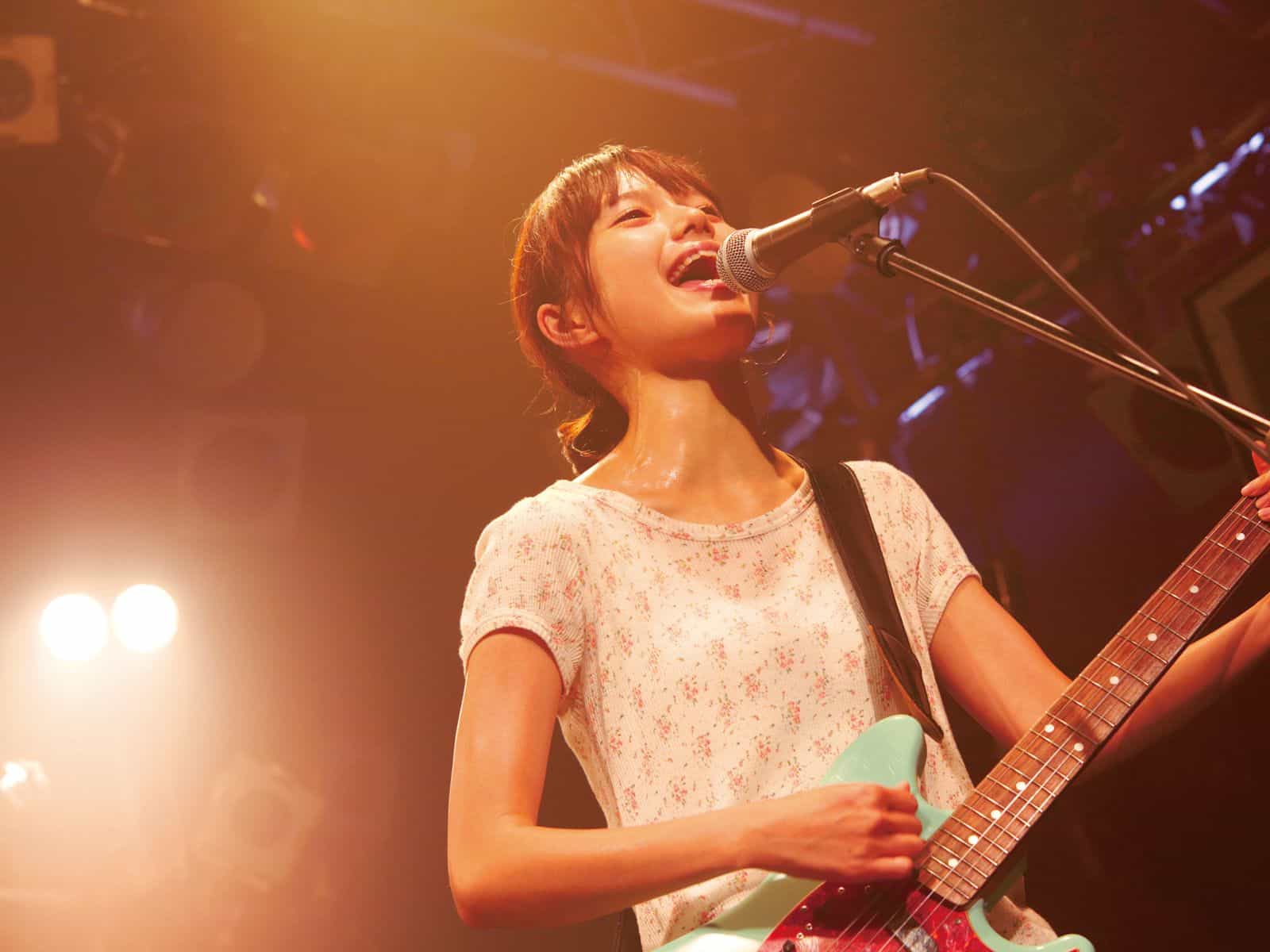
The story closely follows the manga written by Inio Asano. A mangaka whose work is known for creating relatable characters facing realistic struggles, told through an emotionally engaging narrative. The film, for the most part, is able to capture the atmosphere of the manga, successfully recreating those key moments, bringing the beauty and the tragedy of the original onto the screen. The music plays a pivotal part in the story, striving to capture a strong emotional connection. In particular, the track “Solanin” by Asian Kung-Fu Generation is quite accessible, the music itself is generic pop-rock, but with strong lyrics and a great live mock-up performance from the cast, it transcends its simplistic nature to become something dazzling, which leaves a strong impact and acts as an ideal way to wrap up the final act of the film. (Adam Symchuk)
43. Riki-Oh: The Story of Ricky (Lam Nai-choi, 1991)
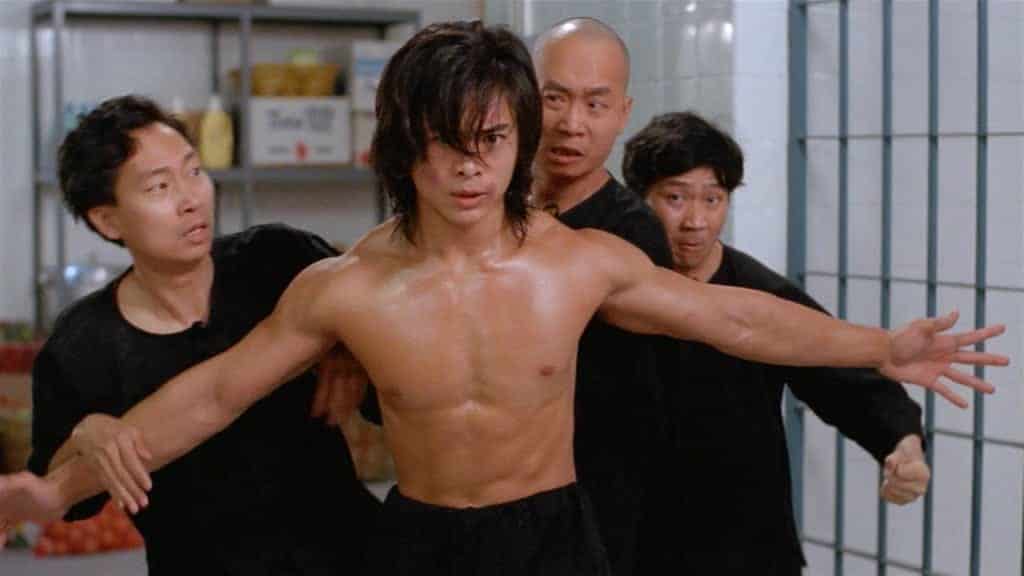
After the critical and commercial acclaim of Ringo Lam's “Prison on Fire”-films, many directors and studio executives aimed to repeat the success of these works, resulting in a small wave of features set in prisons or dealing with similar themes. Based on the Japanese manga of the same name by Masahiko Takajo and Saruwatari Tetsuya, “Riki-Oh: The Story of Ricky” can be regarded as part of that wave, but eventually evolved into something quite different, as it is being hailed as a cult classic among fans of exploitation, martial arts and even splatter. Directed by Lam Nai-choi, who was famous for his high concept adaptations of manga and other material, “The Story of Ricky”, also titled “Caged Fury” in some territories, is infamous for its use of excessive violence, which became the center of attention for many critics, but is also interesting for its depiction of the prison as a mirror or society, a theme commonly used in the sub-genre, most notably in features such as the Japanese “Sasori”-series. (Rouven Linnarz)
Buy This Title
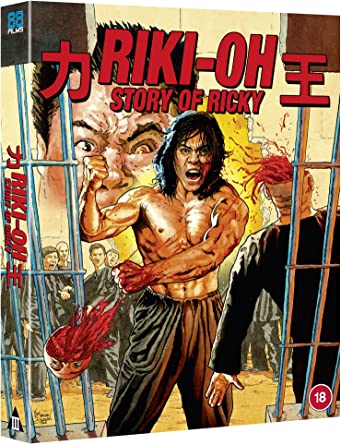
44. Teiichi: Battle of Supreme High (Akira Nagai, 2017)
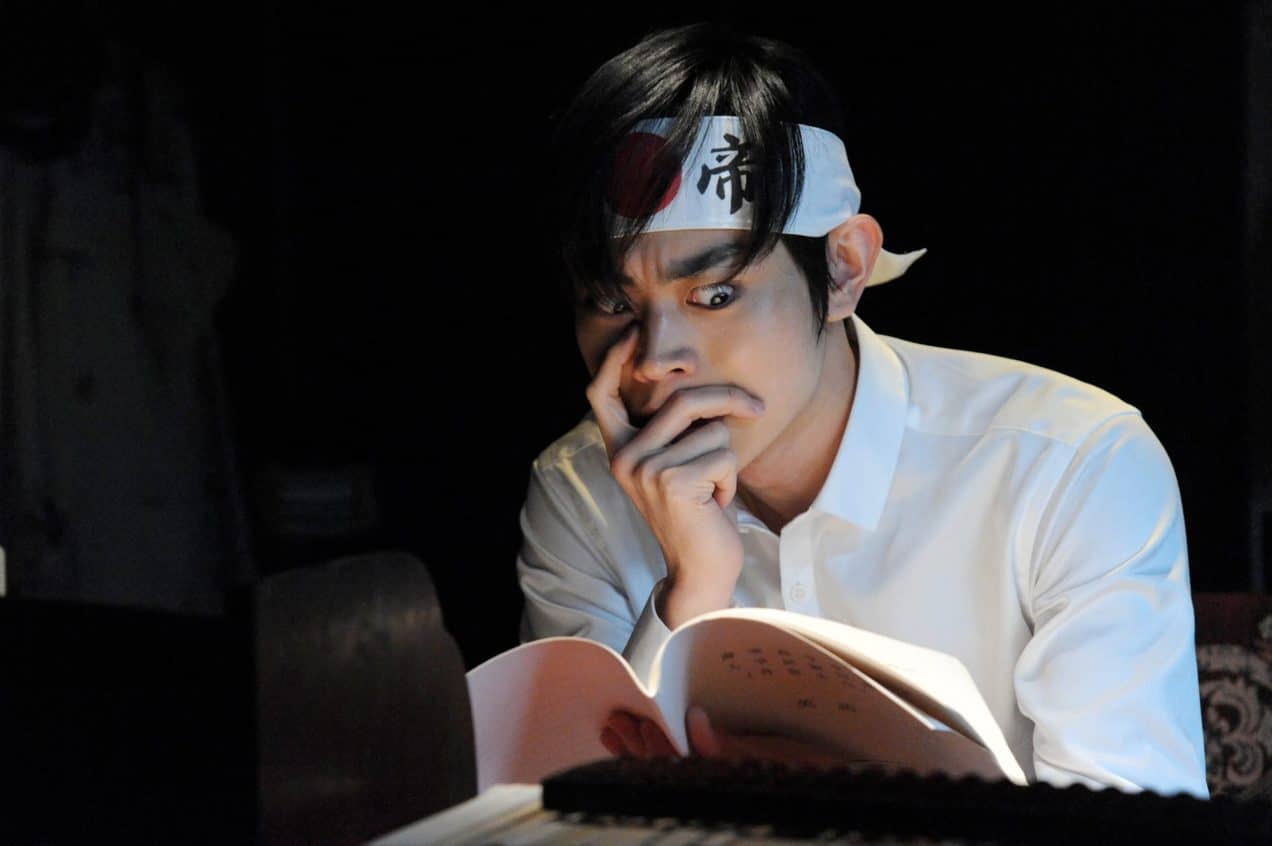
Based on a manga by Usamaru Furuya, the story takes place in the Showa era (1926-1989) and revolves around Teiichi, a high school student whose sole wish was just to play the piano, but after his father's strict behaviour and a hit in the head, he decided to become the Prime Minister, and eventually to create an empire of his own. “Teiichi: Battle of Supreme High” is a very entertaining film that manages to combine comedy with meaningful parody and politics, in a visually stunning package.
45. The Mole Song Trilogy (Takashi Miike, 2014, 2016 & 2021)
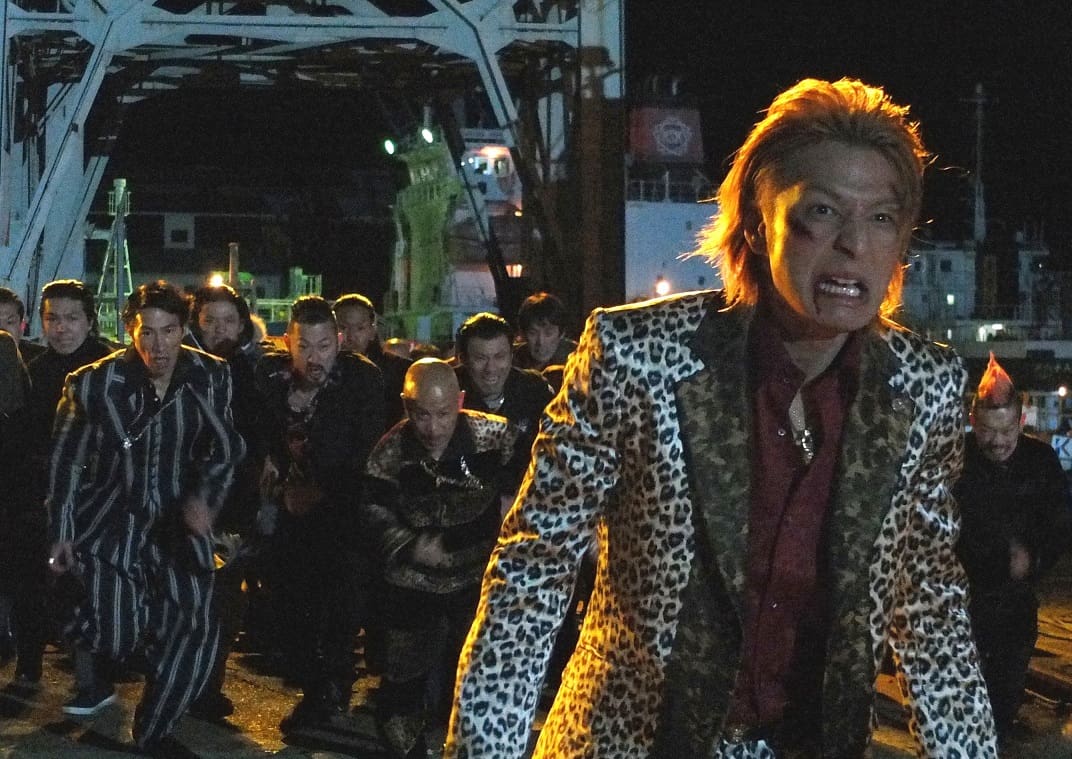
Based on the manga series “Mogura no Uta” by Noboru Takahashi, this preposterous manga found the proper filmmaker to adapt it, with Takashi Miike proving once more that he is ideal for these kinds of adaptations. Miike directs a trilogy that moves with frantic pace, is filled with extremely motley colors, and entails absurd characters and battles while parodying both police and Yakuza. The cast is comprised of some of the greatest cult actors in the country, including Shinichi Tsutsumi, Koichi Iwaki and Ren Osugi, while Toma Ikuta holds the protagonist role. All of them play their parts with the exaggerated flamboyance that fits both the original medium and Miike's style.
46. Thermae Romae (Hideki Takeuchi, 2012)
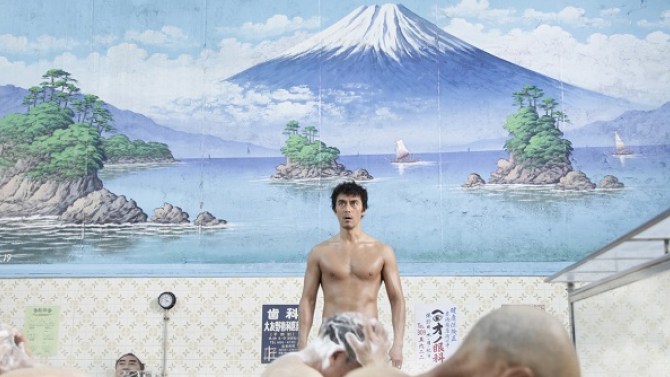
Based on the homonymous and very successful manga by Mari Yamazaki, “Thermae Romae” is one of the most acclaimed titles on the list, receiving international recognition, becoming the second highest-grossing film in Japan in 2012, and netting the protagonist, Hiroshi Abe, a Japanese Academy Award for Best Actor. Japanese actors playing Romans that roam in modern day Japan was quite an unusual and illogical notion, but Hideki Takeuchi managed to depict it in an artful and entertaining fashion, while exemplifying the plumbing of contemporary Japan. (Panos Kotzathanasis)
47. Tokyo Revengers (Tsutomu Hanabusa, 2021)
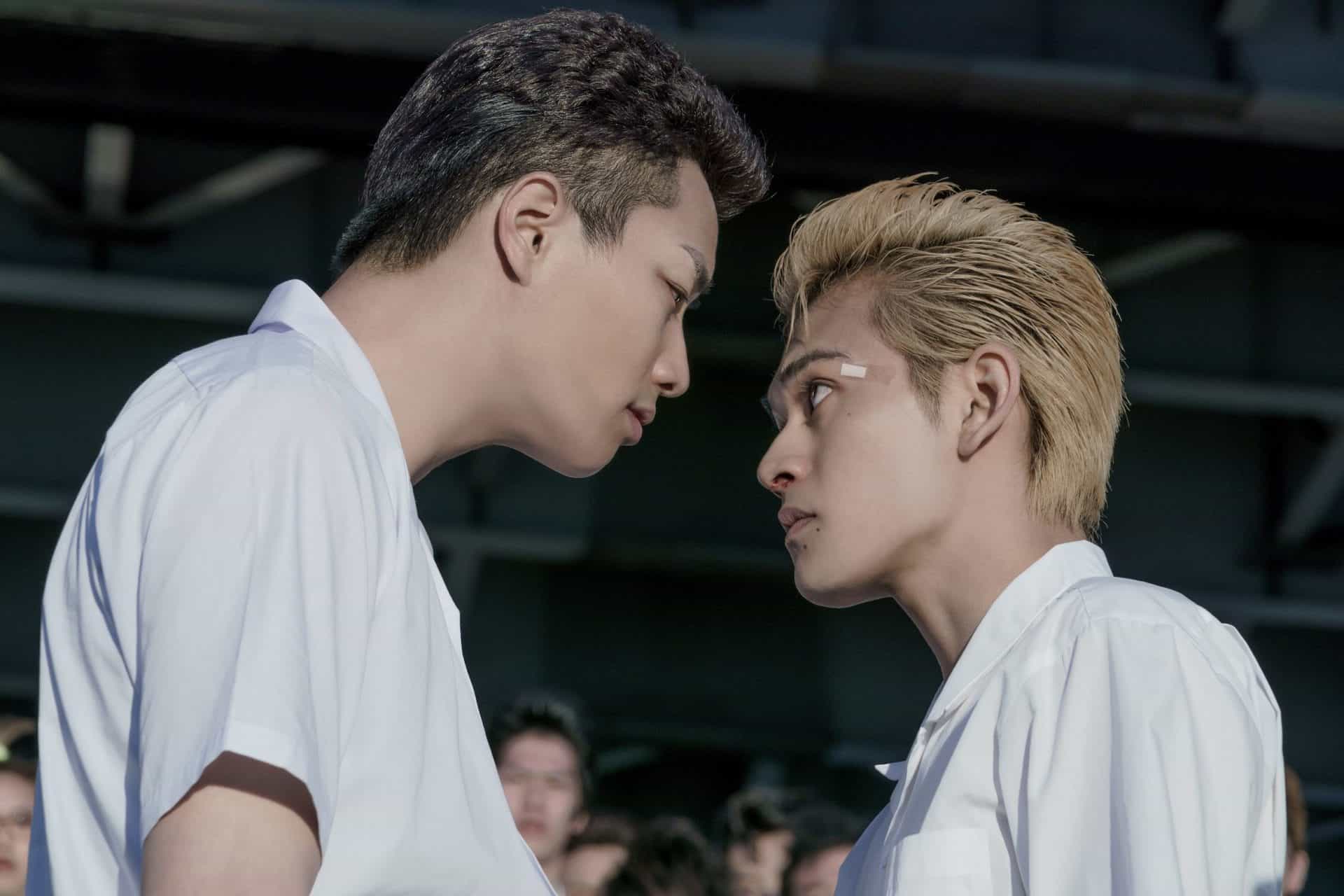
Tsutomu Hanabusa is one of those Japanese directors, like Takashi Miike and Keishi Ohtomo, who has specialized in this type of adaptation, with his prowess being quite visible in “Tokyo Revengers”, both in context and in cinematic terms. To begin with, the presentation of going back in time to change the present is one of the best ever to appear in a movie, particularly since Hanabusa manages to make it appear logical, without any ridiculous hyperboles, even in this sci-fi setting. Furthermore, through these elements, the concepts of friendship, love, regret, second chance, and the way small choices can actually affect the whole lives of people, are rather well communicated, even if through a subtle, secondary approach. (Panos Kotzathanasis)
48. Tokyo Zombie (Sakichi Sato, 2005)
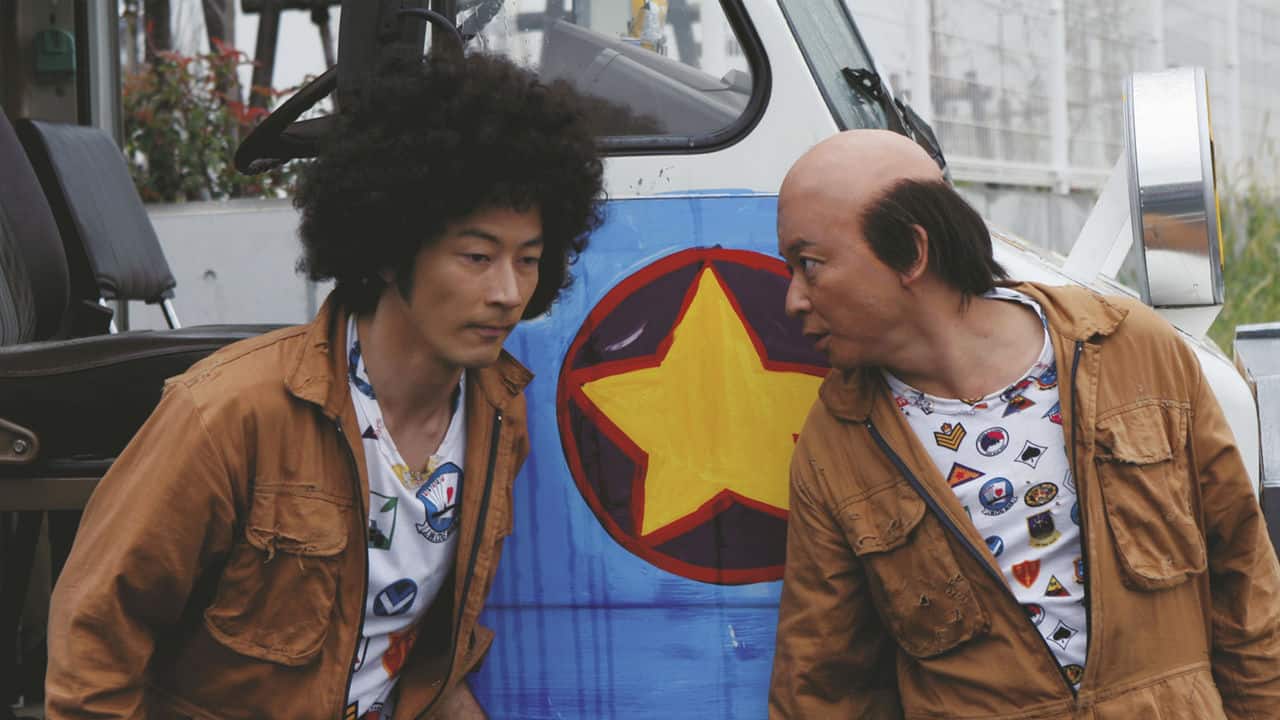
While most Japanese efforts run with the serious, over-the-top gorefest as we'll see later on, this one still maintains the lighthearted comedic stylings. Centered on two losers who accidentally kill their boss and bury him in a trash pile on the outskirts of the city and are then inundated with zombies forcing them to put their martial arts skills to sloppy use in order to stop them, the film focuses on nonstop zaniness with almost a Hong Kong style comedic adventure to go along with the zombie action. Definitely one for those that like comedy sprinkled with horror around the edges as it can get way too goofy for its own good at times. (Don Anelli)
Buy This Title
49. The Wicked City (Peter Mak, 1992)
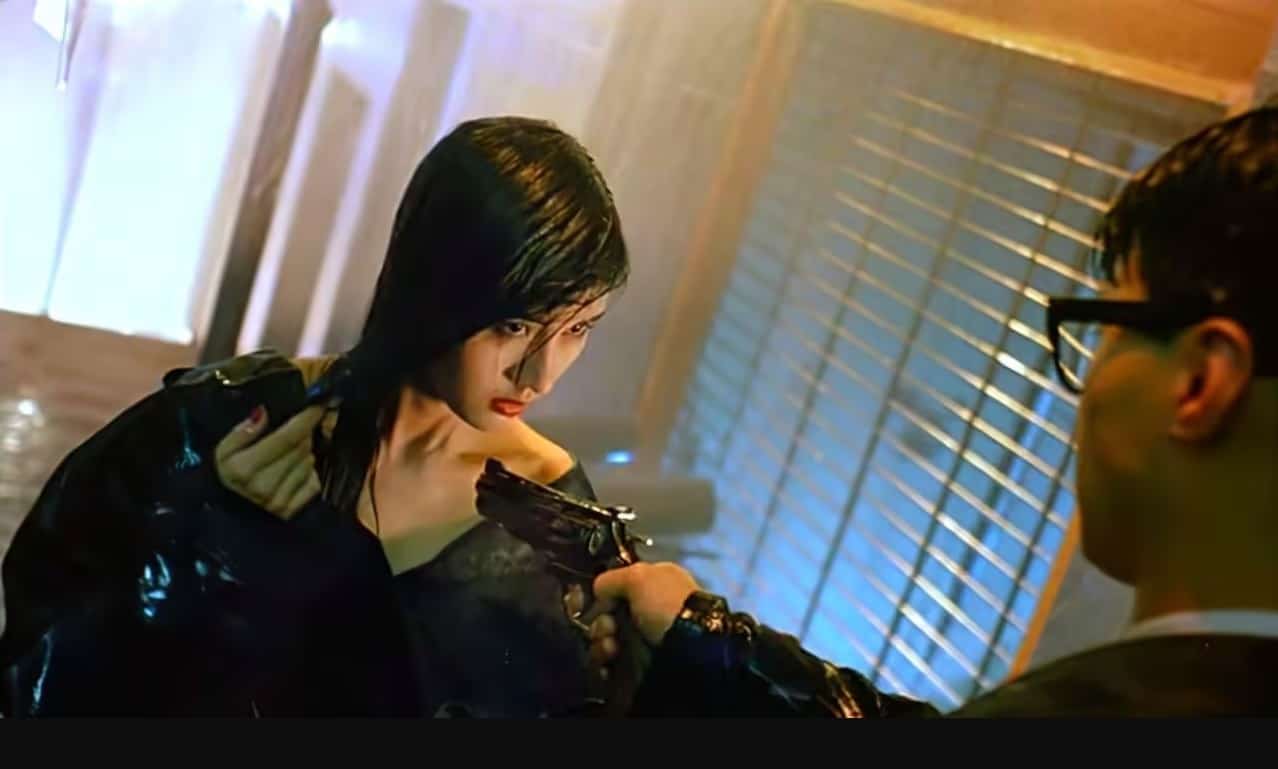
Live-action film adaptation of the Japanese anime of the same name, which in turn is based on the first novel of the series of the same name by Hideyuki Kikuchi, Peter Mak's movie was transferred to Hong Kong before the handover, retaining however, as much of the sleaziness and violence of the original both the medium and the limited budget allowed. Another title of the so-bad-it-is-good category. (Panos Kotzathanasis)
50. Yakuza Weapon (Tak Sakaguchi & Yudai Yamaguchi, 2011)
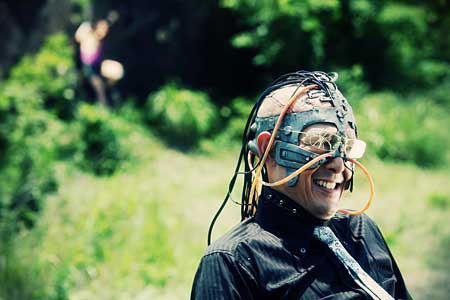
Based on the homonymous manga by “Getter Robo” creator Ken Ishikawa, “Yakuza Weapon” is another preposterous splatter film, by “Samurai Zombie” director Tak Sakaguchi, who also plays the protagonist.
Sakaguchi directs a rapid-paced, heavily violent film with distinct manga aesthetics, both in terms of its characters and the general theme. Following the usual style of studio “Sushi Typhoon” that specializes in similar productions, the film entails great special effects by the splatter master Yoshihiro Nishimura and plenty of slapstick humor.
+1 Kabamaru the Ninja (Norifumi Suzuki, 1983)
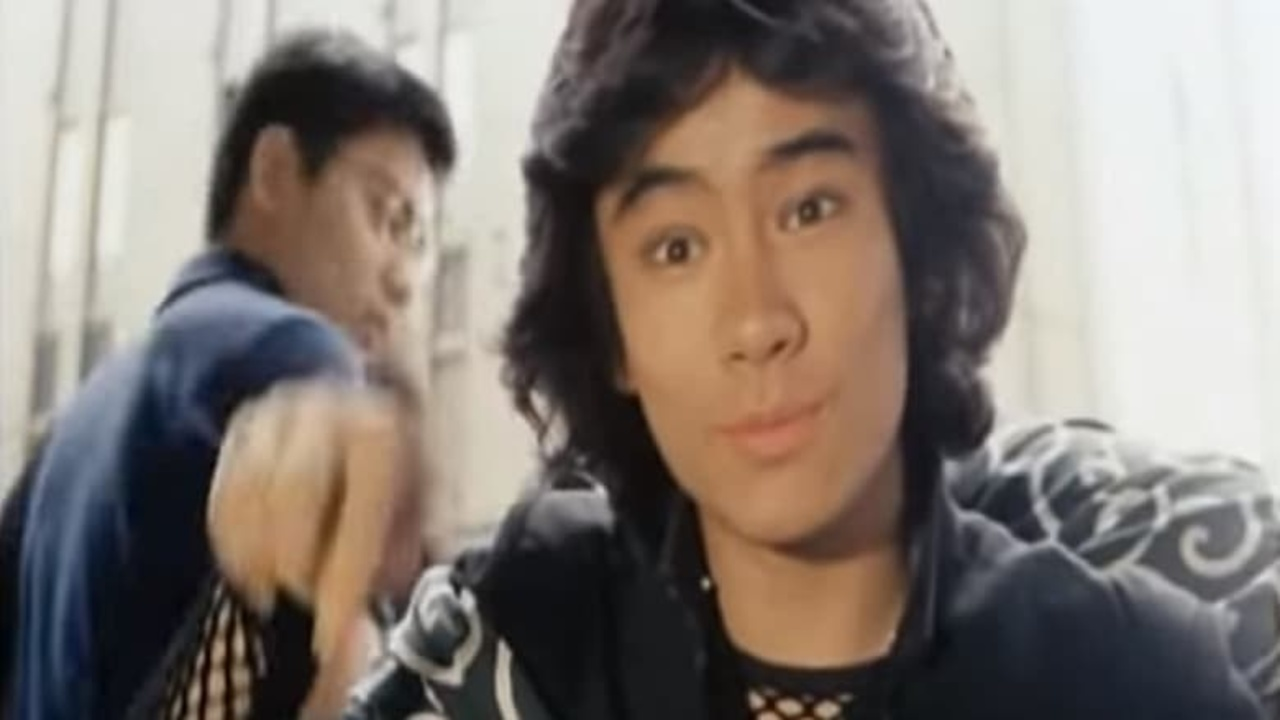
The film is based on the homonymous manga by Yu Azuki, that also spawned an anime that is considered cult in Greece, Cyprus, Italy and France. Norifumi Suzuki took a break from his usual exploitation motifs to direct a nonsensical action comedy that presents a preposterous visage to the whole ninja concept. Enormous amounts of food, ridiculous teenage romance, and extremely unusual (and bold) characters are just a few of the themes and notions the film includes. Cult favorite Sonny Chiba has a role in the film, as does the unrecognizable Hiroyuki Sanada.
